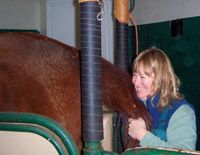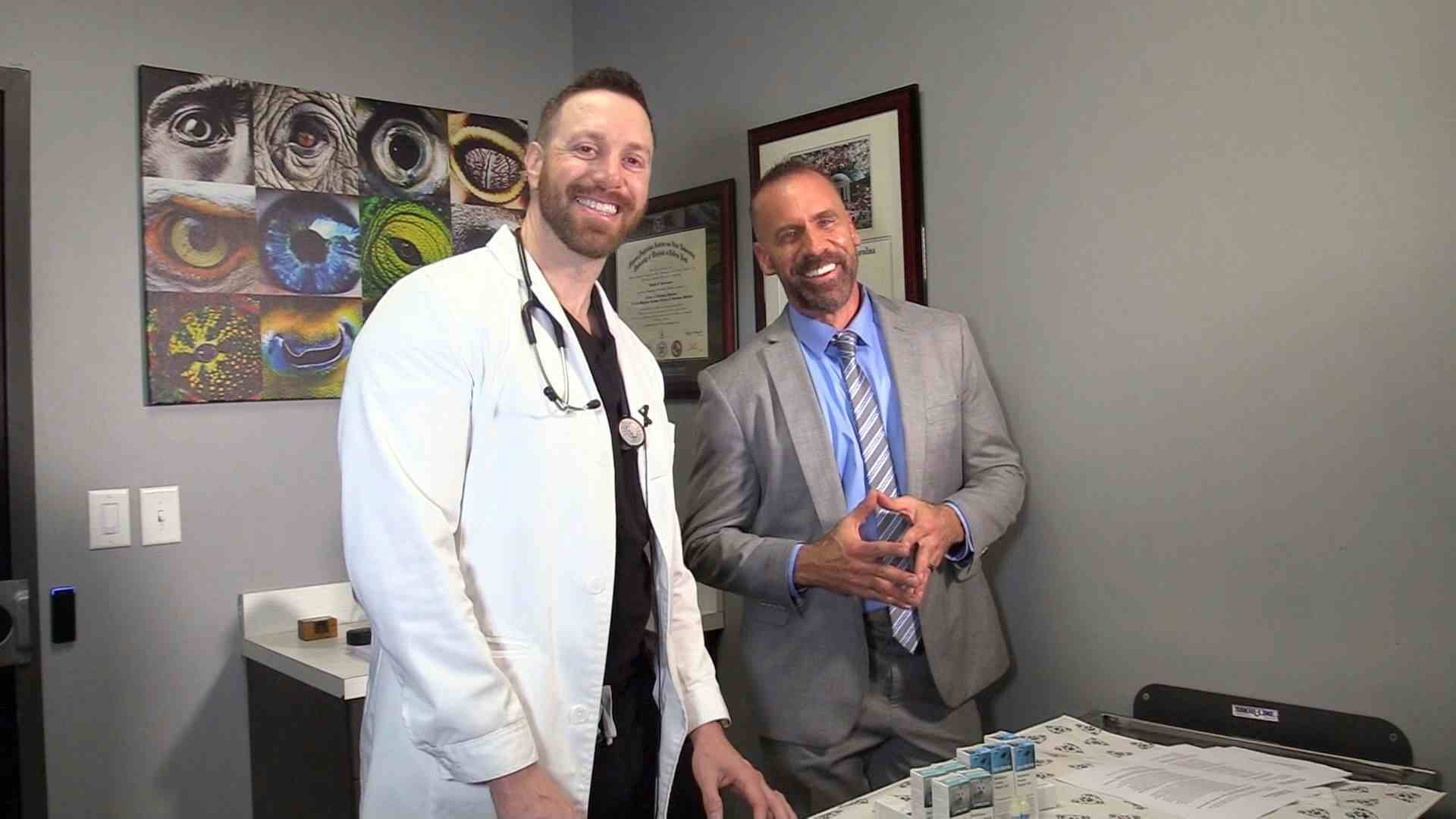What practice life teaches a veterinarian
A recent veterinary graduate shares the important lessons she learned outside the classroom.

Veterinary school, like medical school, is a weird, competitive, hothouse environment in which to learn. At first, you become completely obsessed with grades, with knowing what's going to be on the exam, and with memorizing notes. You lose sleep, compete for the most hours spent studying, and become hard to live with. Then you move into clinics, and your obsession shifts from studying to writing the perfect SOAP, placing tricky catheters, and correctly answering the surgeon's questions.
And then you're out in practice feeling confident and ready, just waiting for the first oddity to cross your path. But it turns out that you don't actually come out of school completely prepared for your new profession. Just look at me.
A safe start
I was lucky after graduation (St. George's University, 2004); I got a job in the anesthesia department of the Washington State University College of Veterinary Medicine where I finished my clinical rotations. I was surrounded and supported by amazingly talented veterinarians and technicians. I was never truly alone; if something went horribly wrong, I could call for help any time of day or night. After a while, I left the university and moved home to Colorado.
I had trouble finding an equine job in a clinic, but was fortunate enough to find a job as the attending veterinarian at a large equine reproduction facility. The farm offers a number of services: breeding management, foaling watch and neonatal care, embryo transfer, and semen collection and shipping. So I set myself up as a solo mobile practitioner, with most of my patients housed at the facility.
Harsh reality
My first week of foaling season, in bitter cold January, I got about four hours of sleep-total. I placed six catheters-three in the same foal on the same night in a dim stall while lying on my belly, trying to avoid his flailing legs and frantic mother. I gained a multitude of bruises and found out how hard it is to be out there alone, relying on my own knowledge and skills. I wished desperately that I had enough money to hire a technician.
It‘s easy to become reliant on the skill of well-trained technicians. And it's easy to become confident that you'll always have diagnostic modalities at your disposal. Working out in the sticks with neonates, I often don't have the luxury of time to run diagnostics before starting treatment. I have to make connections quickly, which has taught me how to be observant, listen closely, and glean what I can from a good, hands-on, physical exam.
In school, you don't always remember that there is a purpose to the learning besides getting the perfect score. It's easy to forget the long-term goal of being able to apply all of that knowledge and all of those skills. But out in practice, you learn how vital it is to be able to dredge up everything you learned for all of those exams, to assemble the knowledge from your sophomore clinical pathology class with your knowledge from bacteriology.
Learning doesn't end at graduation
Veterinary school teaches you to learn, to study. It teaches you technical skills, surgical approaches, suture patterns, and anatomy. But it doesn't teach you everything. Out in practice, you quickly learn that people aren't always able, or willing, to spend the money to run the diagnostics. You'll learn that you can't save them all, and that's hard. During my first week as a solo mobile practitioner, I lost my first patient. I had to talk to an owner who had spent a year and thousands of dollars to get a foal on the ground, only to have it die. I cried and wondered what the heck I had been thinking, becoming a veterinarian.
In practice you'll learn that some cases will make you pull your hair out and some owners will make you want to scream from frustration. But you'll also learn to find a fierce joy in your successes. You'll learn to retain a sense of humor- animals are humbling patients. And you'll learn never, ever, to assume that owners aren't knowledgeable.
For example, this past winter, I was stitching two horses that had gotten tangled in barbed wire. It was dark, snowing, windy, and the horses were in an open field. The two owners and I made a makeshift windbreak with my car and their truck. I used my trusty headlamp to light the wounds-huge, gaping, shoulder-to-shoulder wounds. Hours and innumerable packs of suture later, my hands were so cold I couldn't feel my needle holders. I was tired, cold, and cranky. My knees were soaked and sore, and my back was screaming. I lumbered to my feet and apologized for the Frankenstein appearance of my suture job. Then I explained in excruciatingly simple words why I had done what I had. The owner replied, “It could be worse. We could be grading you.” Turns out they were both M.D.s who taught surgery. I was mortified.
The real lesson is: Veterinary school teaches you a great deal, but your life afterwards teaches you more.
Dr. Kirsten Traul is the attending veterinarian at Premier Breeding Services in Kiowa, Colo., and maintains a small mobile practice. She is also certified in medical acupuncture and still dreams of hiring a technician.











